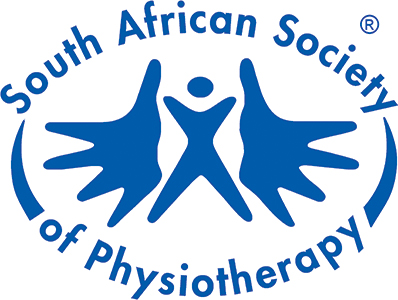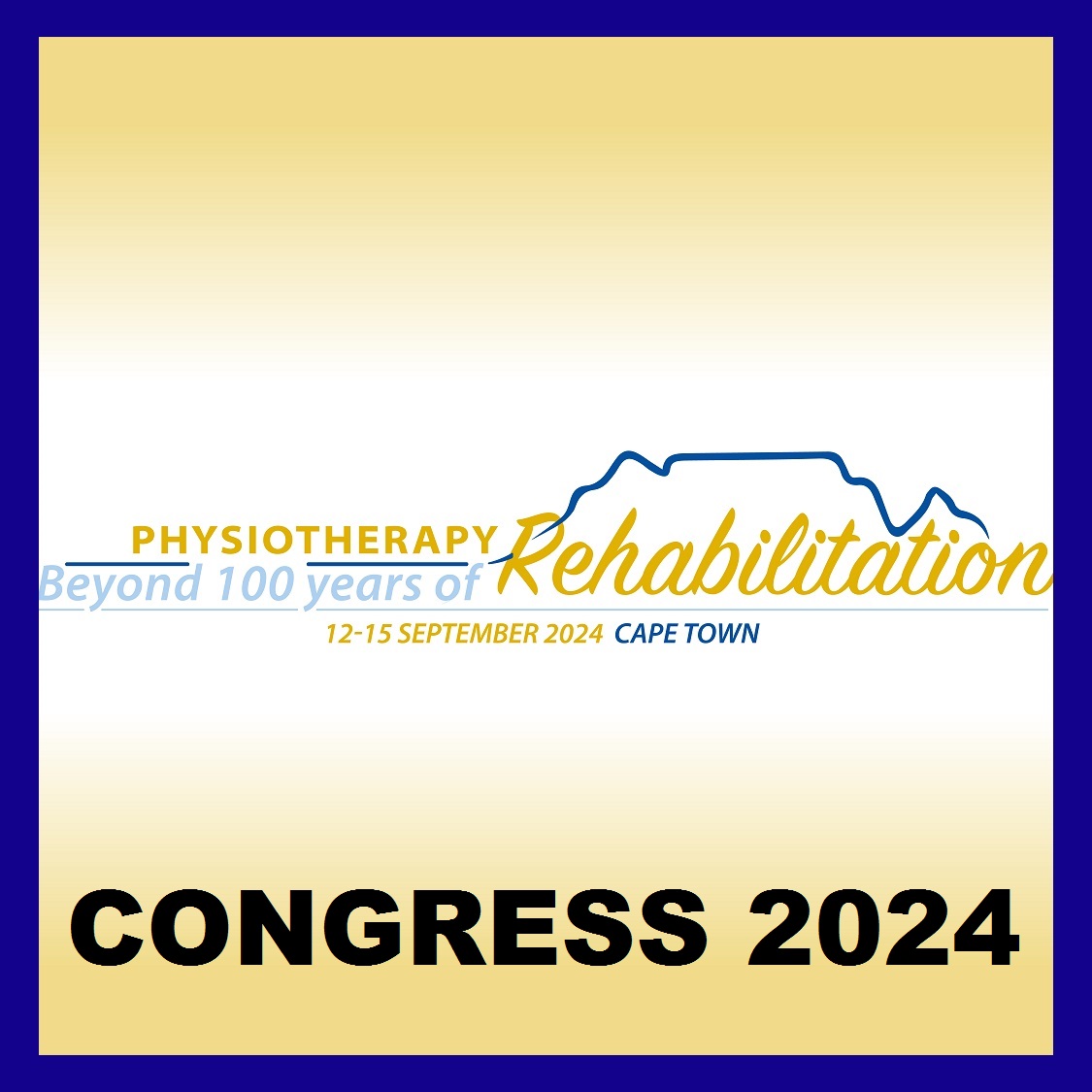Babies and children are prone to respiratory infections, especially in winter. The SASP Paediatric Physiotherapy Group advises how respiratory physiotherapy can assist in alleviating the symptoms of respiratory infections in babies and toddlers.
It is important to take note of the warning signs in children when immediate medical attention is required. These include continuous high-grade fevers, severe hoarseness and tightness of the chest, excessive coughing, lethargy, not eating/drinking and shortness of breath (fast and shallow breathing).
Inflammation and infection of the nasal passages, airways and lungs causes excess mucus secretions and spasms and these conditions can be alleviated by respiratory physiotherapy.
Therapy includes nebulisation, chest physiotherapy, naso-pharyngeal and therapeutic breathing exercises.
Nebulisation is done with either saline to loosen and reduce the thickness and stickiness of mucus secretions or with prescribed corticosteroid or broncho-dilating medication to relax the airways and decrease inflammation.Chest physiotherapy techniques can help to drain various areas of the lungs with hands-on techniques, while therapeutic breathing exercises and techniques can assist in mobilising mucus secretions, improve breathing patterns, and optimise lung function.
Cough-reflex stimulation with manual airway clearance techniques are used to treat toddlers and young children (16 months and up), while babies (0-16 months) and children with neurological disorders (who often have weak breathing muscles and poor cough reflexes) can be treated with sterile naso-pharyngeal suctioning to remove mobilised lower airway and upper respiratory mucus secretions.
Physiotherapists are trained professionals and first-line practitioners, which means that you do not have to be referred by a doctor to make an appointment with a physiotherapist. Physiotherapists can play an important role in supporting and educating parents on dealing with children with respiratory problems.
Information from the SASP Paediatric Physiotherapy Group.
E-mail address: paedssig@saphysio.co.za







